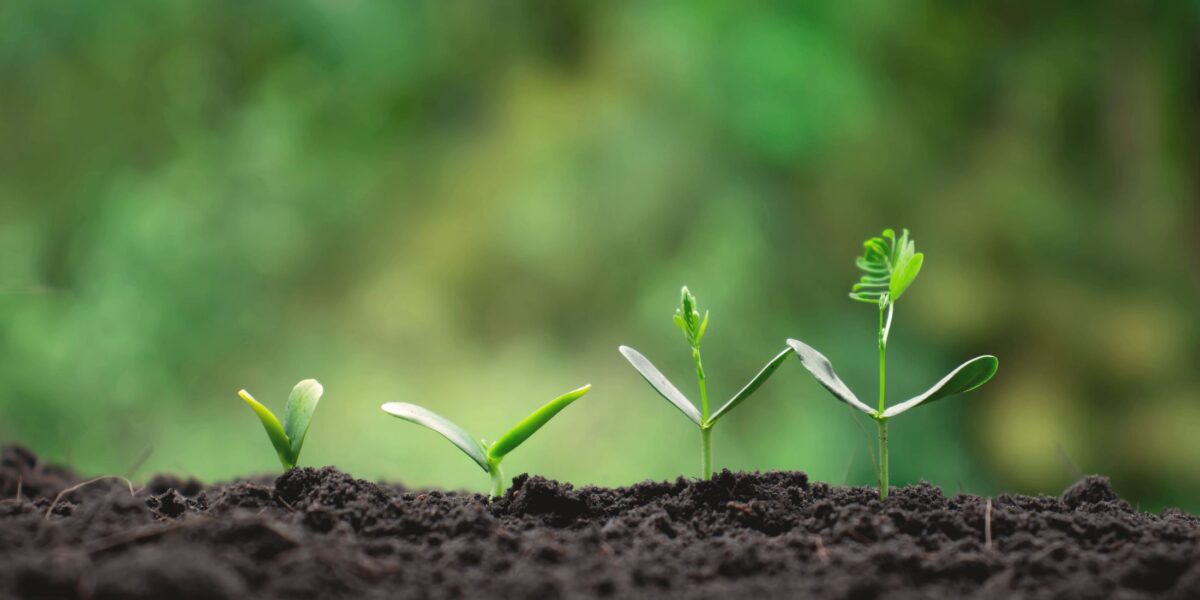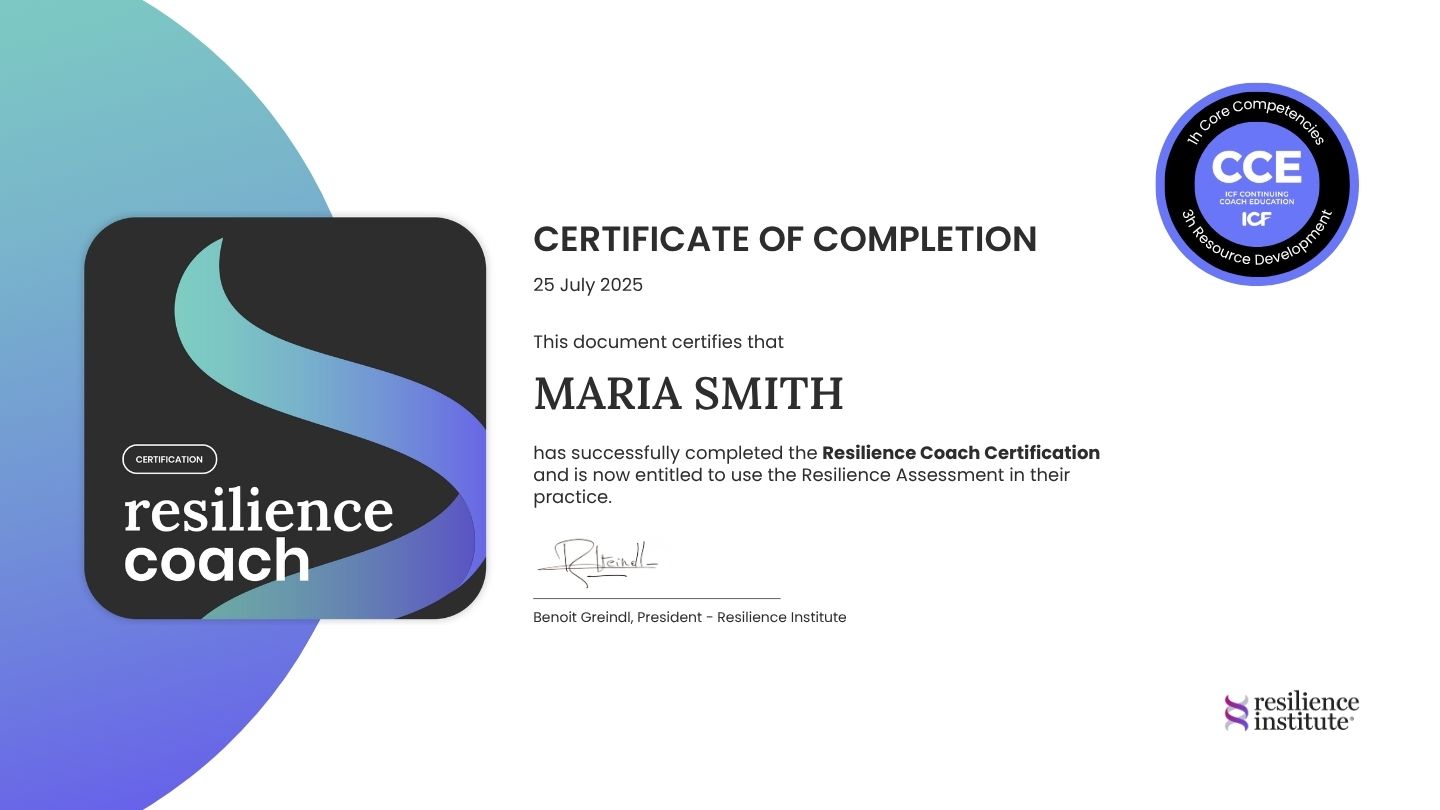
The Benefits of Environmental Stewardship
In recent years, the concept of environmental stewardship has gained popularity as more and more people worldwide commit to protecting our planet. It is the idea that humans can play a positive and active role in the environment around us by minimising harm and improving the health of our surrounding ecosystems. Instead of separating humanity from the natural systems around us, environmental stewardship gives us a meaningful role in guiding nature positively. Environmental stewardship has also become a key aspect of corporate responsibility, with companies and customers recognising the importance of safeguarding our natural resources, resulting in increased environmental consideration within many businesses.
Not only does environmental stewardship greatly benefit our planet, but in reverse, participating in becoming a positive force for good within the environments around us can have profound impacts on our own individual psychological well-being. In fact, a recent study conducted by the Resilience Institute suggests that environmental stewardship could also be linked to overall well-being and resilience. Through understanding the data, we will explore the concept of environmental stewardship, why it’s important for human well-being and what we can do to become environmental stewards.
What is environmental stewardship?
Environmental stewardship, or nature stewardship, is concerned with the responsible management and conservation of natural resources. This responsible management should ensure the sustainability of resources for future generations. Environmental stewardship can take many forms, including adopting personal environmentally conscious practices, reducing ecological impacts within a business, or learning about and promoting awareness around preserving different ecosystems. Environmental stewardship may also involve supporting locally based environmental charities or initiatives. At its core, environmental stewardship gives people a positive and meaningful role as custodians of our environment so that we can enjoy the many benefits of a healthy environment today and in the future.
Why is it important for human well-being?
Intuitively, it makes sense that a healthy planet equals a healthy human — science backs us on this one, at least when it comes to spending time in nature. While our lives have become increasingly domesticated, we have indeed evolved alongside, and not separate from, our ecosystems. Recognising this through spending time in the wild can provide us with a sense of belonging, as well as a responsibility towards nature. Spending time in nature positively impacts our mental health, leading to reduced stress and an overall better mood. Studies also indicate that spending time in nature can also impact our physical health, such as lowering blood pressure and improving immune function.
However, more than environmental stewardship just impacting well-being on an individual basis, there are other more community-based factors at play, like economic stability and social cohesion. For example, the sustainable management of our natural resources is essential to maintain a stable economy in the future by supporting ongoing job opportunities and avoiding environmental disasters. Social cohesion is also encouraged when communities are empowered to participate in environmental and conservation initiatives.
How can we become environmental stewards?
Overall, environmental stewardship is about protecting and maintaining our planet; there are many decisions we can make both as individuals and as a part of a business to implement strategies to support these goals. Below we will list some of the areas in which we can all help:
- Assessing our ecological footprint: By reducing our carbon footprint and researching strategies to reduce waste within our own homes, we can make an individual difference for the environment. This might include little decisions like purchasing fewer products that come in single-use plastic, being more rigorous with recycling, buying local foods or starting a compost bin. It can also include larger financial decisions like installing solar panels or driving an electric car.
- Engage in community-based environmental projects: Putting your hand up to get involved with local environmental projects is a great way to engage with environmental stewardship while also meeting new people with the same interests.
- Donate to charities: By supporting organisations that are being efforts to conserve and protect local ecosystems, we can be a part of championing these movements.
- Advocate for sustainable policies: We can use our voices to advocate for the planet when it comes to sustainable policies; this may involve voicing our concerns about environmental responsibility and collaborating with stakeholders to implement new policies.
How does environmental stewardship increase human well-being and resilience?
At the Resilience Institute, we are constantly asking ourselves, “What leads to a resilient attitude and mental well-being?”. To that end, we have asked our members a number of questions regarding their attitudes, assumptions, beliefs and values. In an attempt to tease out what separates the most resilient of us, we’ve been fortunate enough to find a strong correlation with a number of factors. In a recent questionnaire, resilience data indicated a correlation between environmental stewardship and resilience. We believe that this finding indicates the importance of integrating environmental stewardship into our daily lives and business practices, as it can greatly enhance our resilience and overall well-being. The most resilient 10% of our participants, from a total sample of 1019 individuals, were shown to spend more time in nature, fostering a deeper connection with the environment (nature-relatedness) as well as showing greater concern for the environment and feeling more responsible for their ecological impacts (nature stewardship). While we wouldn’t want to make too many conclusions based on this data, it’s safe to say that taking responsibility for your natural environment and seeing yourself as an agent for positive change in the ecosystems you take part in has a net positive effect on your own psychological well-being and resilience. While taking part in nature can have a directly positive impact on our mindset, it’s also the attitude that you can make a positive impact on your surroundings that can lead to a more resilient mindset.

Tips for making stewardship a habit
So, it seems the environmental stewardship movement positively impacts individuals as well as the planet. Not only can we bring about a more sustainable future by collectively conserving our planet, but we may also be more happy and resilient in the meantime. Environmental stewardship seems to be a worthwhile habit to form. But what is the best way to implement environmental stewardship as a habit in your own life? We have put together some tips and tricks to encourage environmental stewardship in your everyday. To make environmental stewardship a habit, consider implementing the following tips:
- You should set attainable goals for reducing your ecological footprint and motivate yourself by keeping track of your progress. You can gamify your progress by keeping a visual tracker, physical or digital.
- Spend time in nature every day. This might look different for everybody, whether you simply take your lunch break outside, hop off the bus one stop early to take a stroll, spend the morning at the beach with your furry friend or start a gardening habit. Make sure your time in nature works for you and your life.
- Keep up to date with environmental issues. You could sign up for newsletters, follow some influential pages on socials, or listen to a weekly podcast. However you do it; keeping up to date with environmental issues is a good way to stay informed and inspired on your journey.
- Participate in local events. Keep an eye out for local environmental events and get involved. This is an excellent way to be an active environmental steward, as well as to meet new people and open yourself up to further opportunities in the future.
- Try to implement more environmentally conscious practices at work and home. Making efforts to recycle, use less energy, and reduce waste can significantly impact when we all pitch in. Taking simple actions like switching to LED lighting, or using water-efficient appliances, is a great way to reduce your local environmental impact.
- Educate yourself and others! Understanding your local ecosystems and the impact we make on them is the first step to making lasting changes. Share your knowledge and passion for the environment with others, join local organisations, and build workshops to improve environmental education.
As it turns out, environmental stewardship is not only important for the protection of our planet, but it’s also invaluable for enhancing human well-being and increasing resilience. When both individuals and businesses take the time to understand the importance of nature stewardship and implement environmentally friendly practices, they can contribute to a more sustainable future while simultaneously improving their physical and mental health.
Our data provides compelling evidence of the connection between resilience and environmental stewardship, which further emphasises the importance of protecting our natural resources. By incorporating nature into our everyday lives, as well as fostering a sense of responsibility for our individual and collective ecological impacts, we can cultivate nature stewardship habits that benefit ourselves and our home; the planet.

